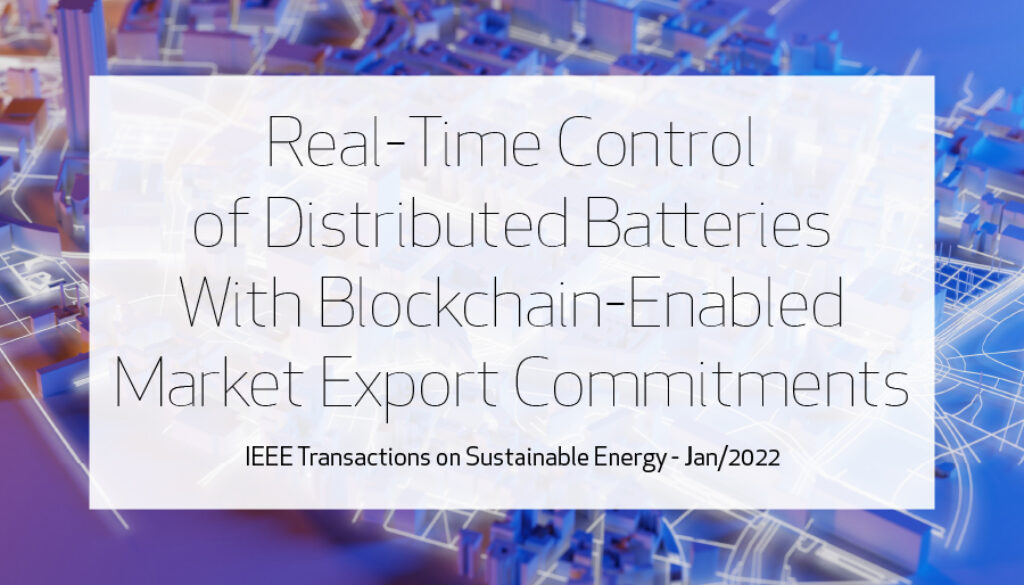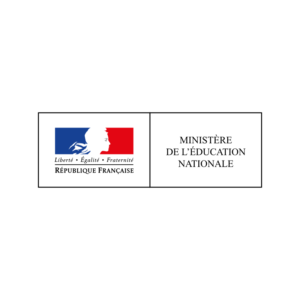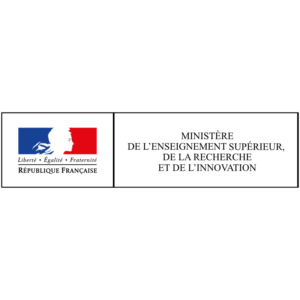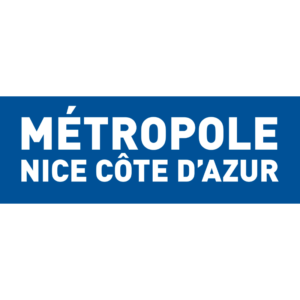[Article] Real-Time Control of Distributed Batteries With Blockchain-Enabled Market Export Commitments

Recent years have seen a surge of interest in distributed residential batteries for households with renewable generation. Yet, assuring battery assets are profitable for their owners requires a complex optimisation of the battery asset and additional revenue sources, such as novel ways to access wholesale energy markets. In this paper, we propose a framework in which wholesale market bids are placed on forward energy markets by an aggregator of distributed residential batteries that are controlled in real time by a novel Home Energy Management System (HEMS) control algorithm to meet the market commitments, while maximising local self-consumption. The proposed framework consists of three stages. In the first stage, an optimal day-ahead or intra-day scheduling of the aggregated storage assets is computed centrally. For the second stage, a bidding strategy is developed for wholesale energy markets. Finally, in the third stage, a novel HEMS real-time control algorithm based on a smart contract allows coordination of residential batteries to meet the market commitments and maximise self-consumption of local production. Using a case study provided by a large U.K.-based energy demonstrator, we apply the framework to an aggregator with 70 residential batteries. Experimental analysis is done using real per minute data for demand and production. Results indicate that the proposed approach increases the aggregator’s revenues by 35% compared to a case without residential flexibility, and increases the self-consumption rate of the households by a factor of two. The robustness of the results to uncertainty, forecast errors and to communication latency is also demonstrated.
This work, published in IEEE Transactions on Sustainable Energy, was partly carried out at IMREDD’s “Smart City Innovation Center” technological platform.





